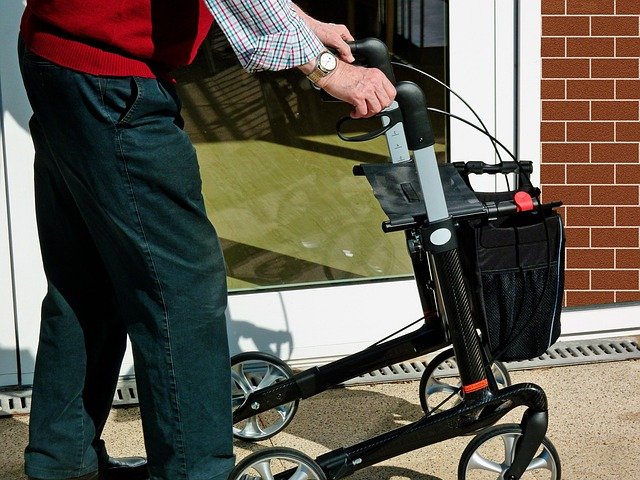See if Medicare covers your mobility scooter
Before ordering a mobility scooter, it is smart to learn whether your health plan will pay part of the bill. Approval often depends on a doctor’s note of medical need, indoor use requirements, and correct equipment codes. The short topics below outline the documents, supplier rules, and cost splits that people review when confirming benefits.

What types of mobility scooters does Medicare cover?
Medicare typically covers power-operated vehicles (POVs), which include three or four-wheeled scooters designed for individuals with mobility impairments. These scooters must be deemed medically necessary and primarily used for mobility purposes within the home. Medicare generally does not cover scooters intended solely for outdoor use or recreational purposes.
What are the coverage criteria for mobility scooters?
To qualify for Medicare coverage, several criteria must be met:
-
You must have a medical condition that significantly impairs your mobility.
-
The mobility limitation must interfere with your ability to perform activities of daily living within your home.
-
You must be unable to use a cane, walker, or manual wheelchair safely.
-
You must have sufficient upper body strength and mental capacity to operate the scooter safely.
-
Your home environment must be able to accommodate the use of a scooter.
Meeting these criteria is essential for Medicare approval, and your healthcare provider will need to document these factors in your medical records.
What documentation is needed for insurance approval?
To obtain Medicare coverage for a mobility scooter, you’ll need to provide specific documentation:
-
A face-to-face examination report from your doctor, detailing your mobility limitations and medical necessity for a scooter.
-
A written prescription from your healthcare provider.
-
A detailed product description from the supplier, including the make, model, and price of the scooter.
-
Proof that you’ve completed an in-person fitting and training session with the supplier.
Ensuring all required documentation is complete and accurate can significantly streamline the approval process.
What are the physician prescription requirements?
Your doctor plays a crucial role in obtaining Medicare coverage for your mobility scooter. The prescription must include:
-
Your specific medical condition and mobility limitations.
-
An explanation of why a cane, walker, or manual wheelchair is insufficient for your needs.
-
A statement confirming that you can safely operate the scooter.
-
A description of how the scooter will improve your ability to perform daily activities within your home.
The prescription should be detailed and clearly articulate the medical necessity of the scooter for your specific situation.
What are the rental versus purchase considerations?
Medicare offers options for both renting and purchasing mobility scooters. Here are some factors to consider:
-
Rental: Medicare typically covers rental costs for 13 months. After this period, you own the scooter.
-
Purchase: If the scooter is expected to be used long-term, a direct purchase may be more cost-effective.
-
Maintenance: Rental agreements often include maintenance, while purchased scooters may require additional service plans.
-
Flexibility: Renting allows you to try different models before committing to a purchase.
Consider your long-term needs and financial situation when deciding between rental and purchase options.
What are the maintenance and service cost factors?
Understanding the ongoing costs associated with mobility scooters is crucial for long-term planning. Here are some key maintenance and service considerations:
-
Battery replacement: Batteries typically need replacement every 1-2 years.
-
Tire maintenance: Regular tire checks and occasional replacements are necessary.
-
Annual servicing: Yearly check-ups can help prevent major issues and extend the scooter’s lifespan.
-
Repairs: Unexpected repairs may be needed, especially as the scooter ages.
| Service | Estimated Cost Range |
|---|---|
| Battery Replacement | $50 - $200 |
| Tire Replacement (per tire) | $20 - $80 |
| Annual Servicing | $100 - $300 |
| Major Repairs | $200 - $800 |
Prices, rates, or cost estimates mentioned in this article are based on the latest available information but may change over time. Independent research is advised before making financial decisions.
In conclusion, navigating Medicare coverage for mobility scooters requires careful attention to documentation, coverage criteria, and ongoing maintenance considerations. By understanding these factors and working closely with your healthcare provider and Medicare, you can make informed decisions about obtaining a mobility scooter that meets your needs and improves your quality of life.




